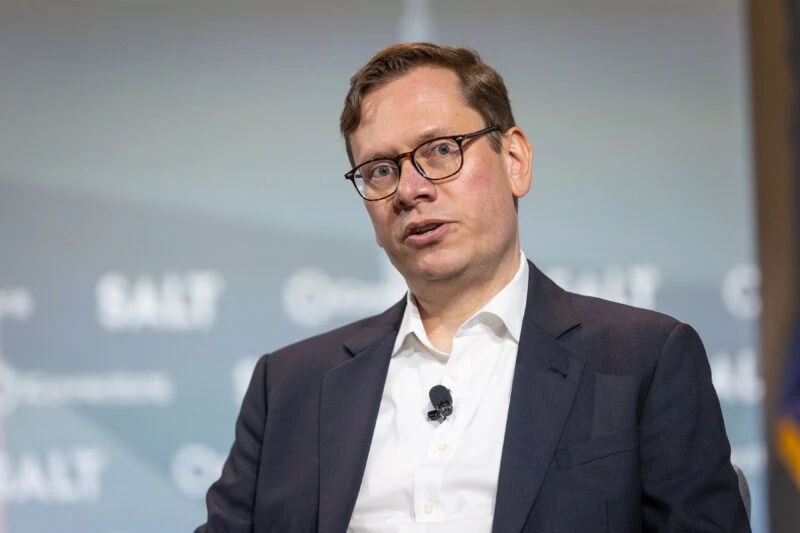Partners Capital’s Investment Chief Still Sees Promise in Newer Fund Managers

As published in The Wall Street Journal by Laura Kreutzer on 5 October 2023. Partners Capital’s Investment Chief Still Sees Promise in Newer Fund Managers.
With fundraising tight, Partners sees more disciplined, stronger startups making for better investment prospects
Partners Capital, a provider of investment and asset-management services that oversees some $53 billion for institutions and wealthy individuals, is leaning into private markets at a time when a growing number of investors are backing away after finding themselves overexposed to startups and buyouts.
The global money manager for endowments and family offices expects to maintain a roughly $2 billion annual commitment pace to private-equity and venture-capital funds along with allocating about $500 million each year to invest directly in deals alongside fund managers, according to Alex Band, the firm’s chief investment officer.
Among buyout strategies, Partners favors lower midmarket funds, typically of $1 billion or less in size, said Band, who is also a partner in the firm. He recently spoke with WSJ Pro Private Equity about private markets opportunities and why Partners continues to see promise in newer fund managers. Responses have been edited for length and clarity.
WSJ: Why is Partners Capital leaning into private markets investments right now and what gets you most excited about them?
Band: We’re in a fortunate position, where we were pretty disciplined on our deployment in 2020, 2021 and early 2022, so we’re not over-allocated to private [markets] relative to our target today. There are a lot of really interesting opportunities out there that excite us. One is the private-credit space, where we think there’s an interesting opportunity to lend to corporates at really good all-in yields—10% to 12% for very safe credits … 15%-plus further down on the risk curve.
There’s a huge need from these companies for financing, and a lot of traditional capital providers have pulled back. You can lend at attractive returns to generally higher quality companies with better covenants and terms and lower leverage levels.
WSJ: You’ve also backed three first- or second-time venture funds so far this year and continue to actively invest in the segment at a time when many investors are pulling back. Why?
Band: We start with the premise that the innovation continues to be there. I think in an environment where fundraising is tighter, both founder expectations and founder discipline for starting companies are actually better. So the quality of companies that are getting founded is stronger, and the amount of capital being given is smaller, so they have to be disciplined. I think it’s a good environment for investing into earlier-stage companies.
WSJ: Why back newer venture-fund managers?
Band: One is the focus. We can really find managers that are 100% focused on seed-stage and early-stage venture investing, which is really powerful. Second, we can find individuals who are at the top of their field in an important area of investing. It could be in a market like the New York venture ecosystem or it could be in a specific area around hard technology. We’re generally looking at individuals or teams that have strong operator backgrounds, that have exceptional founder networks and that have a really strong angel or VC track record that they can point to.
WSJ: What does Partners look for as it determines whether to support new vehicles from your current buyout fund managers, particularly as more of these firms return to the fundraising trail?
Band: When we look at buyouts today, we do think that some of what worked and drove the industry over the past 10 years is just not going to work over the next 10 years.
In particular if you look at historical buyouts, about half of the return was driven by multiple expansion and low-cost leverage. We’re not willing to underwrite that … for the next 10 years. A lot of what we’re doing is looking at, “How did you generate your return and how much of that is driven by the things we think are repeatable, which is driving revenue growth, increasing margins in the companies that you own, delivering on accretive acquisitions for those companies?”
Managers where we see a demonstrated track record of doing that—where there’s a clear set of resources and processes in order to do that going into the future—those are the ones that we’re more likely to continue a relationship with or establish one, in the case of a new manager.